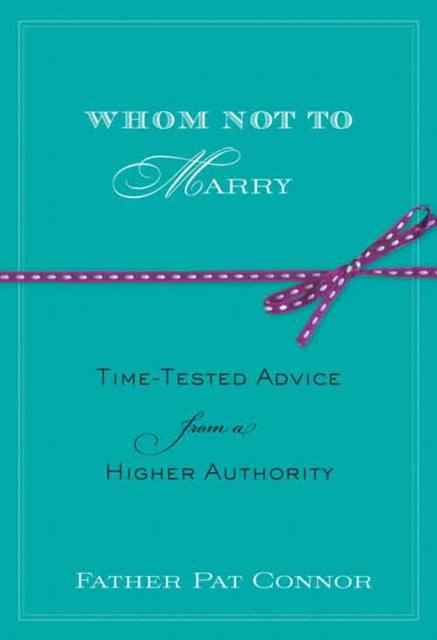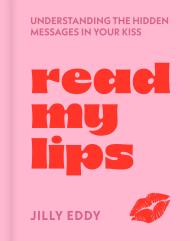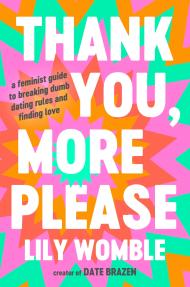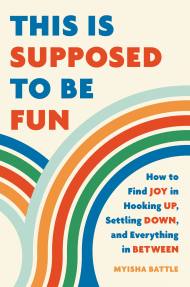By clicking “Accept,” you agree to the use of cookies and similar technologies on your device as set forth in our Cookie Policy and our Privacy Policy. Please note that certain cookies are essential for this website to function properly and do not require user consent to be deployed.
Whom Not to Marry
Time-Tested Advice from a Higher Authority
Contributors
By Pat Connor
Formats and Prices
- On Sale
- Apr 27, 2010
- Page Count
- 224 pages
- Publisher
- Grand Central Publishing
- ISBN-13
- 9781401395094
Price
$9.99Price
$12.99 CADFormat
Format:
- ebook $9.99 $12.99 CAD
- Audiobook Download (Unabridged) $18.99
- Audiobook CD (Unabridged) $22.99 $24.99 CAD
This item is a preorder. Your payment method will be charged immediately, and the product is expected to ship on or around April 27, 2010. This date is subject to change due to shipping delays beyond our control.
Buy from Other Retailers:
Father Pat Connor knows marriages. Having presided over more than two hundred weddings and conducted pre-marriage and marriage counseling for more than forty years, he’s something of an expert. And now he is sharing his wealth of experience with women everywhere on the subject of Whom Not to Marry.
Father Pat’s philosophy is simple: A love affair may lead to marriage, but love itself cannot make a marriage work. That’s why it’s important to weed out the bad seed’s before you fall in love. Sounds easy enough, but in the early stages of romance, when infatuation trumps judgment, it can be difficult to see the flaws in your mate and to think rationally about your future. That’s where this book comes in. A heavenly how-not-to, Whom Not to Marry offers timely and time-honored advice such as: Never marry a man who has no friends, for he won’t be capable of the intimacy that marriage demands.Never marry a man who isn’t responsible with cash. Most marriages that flounder do so because of money, a case of ‘til debt do us part.Never marry a man who lets you walk all over him. It’s good to have a doormat in the house, but not if it’s your husband.
Life may seem random, but there are many things you can do to make sure your life partner is the right one. It all starts with being honest with yourself. Use your good judgment, Father Pat counsels. Know what you want. Know who is worth loving and who is worth marrying. Once you can do that, you’ll stand a much better chance of living happily ever after.
Newsletter Signup
By clicking ‘Sign Up,’ I acknowledge that I have read and agree to Hachette Book Group’s Privacy Policy and Terms of Use






